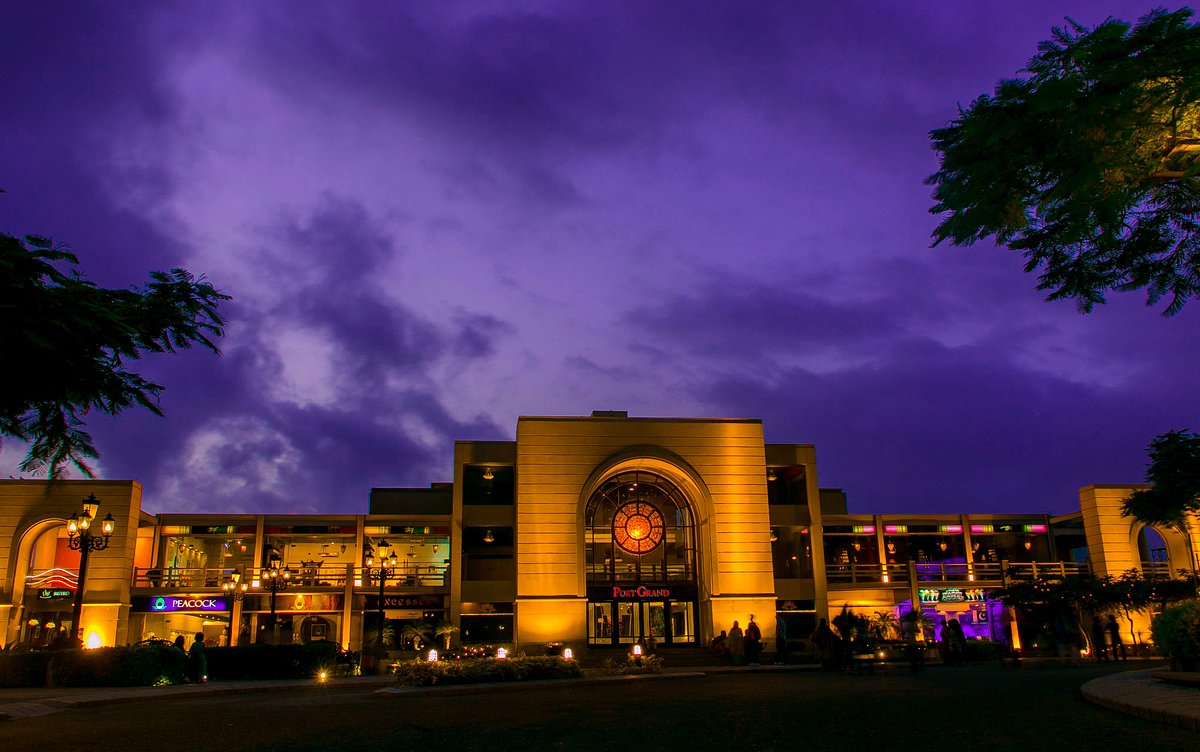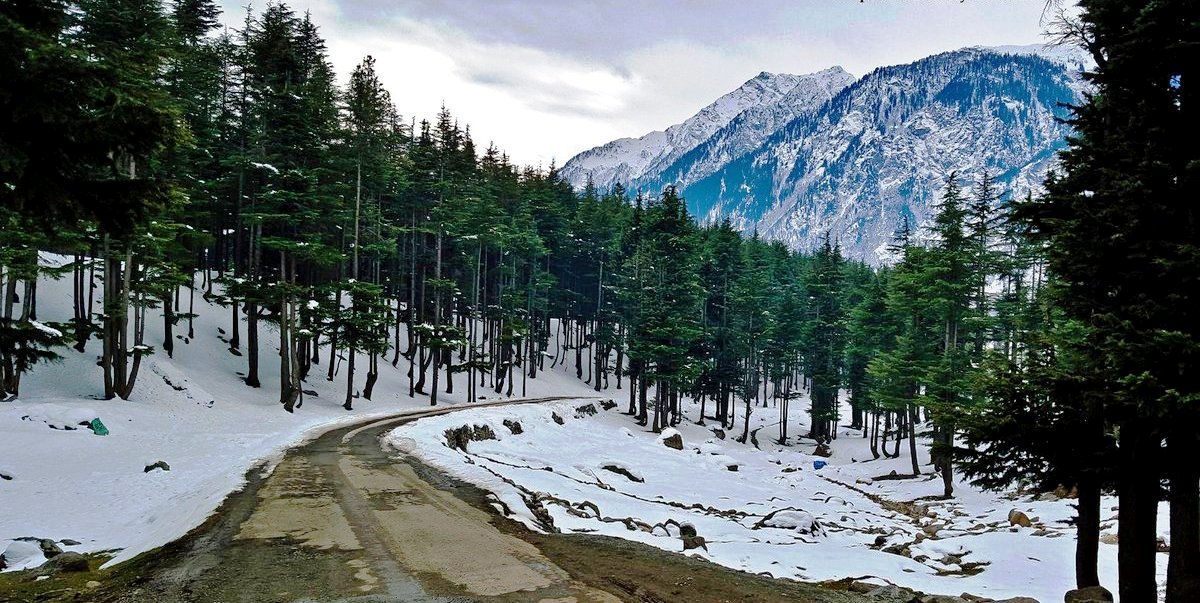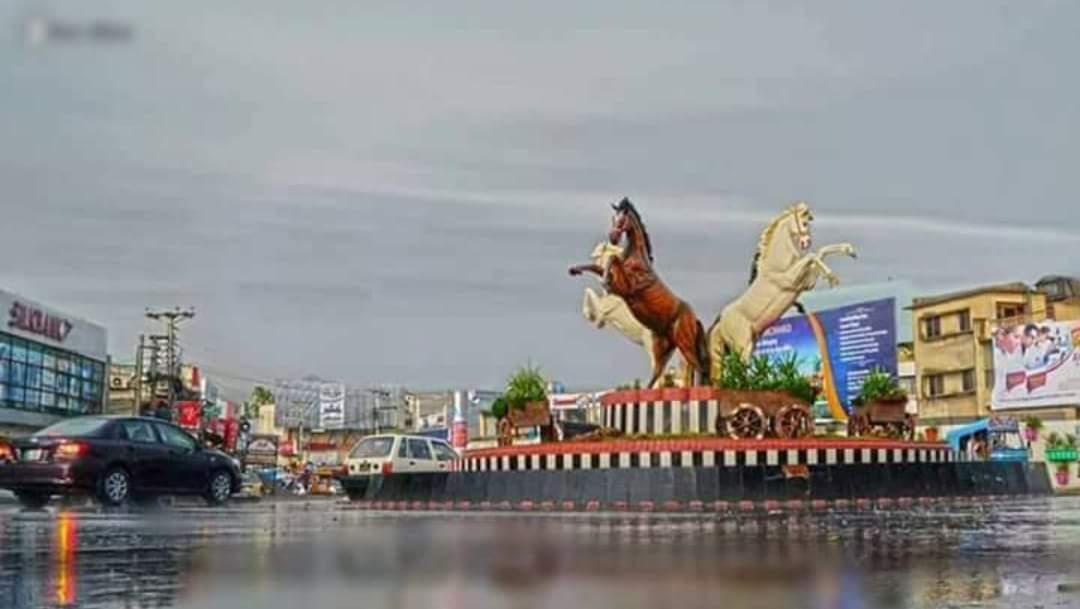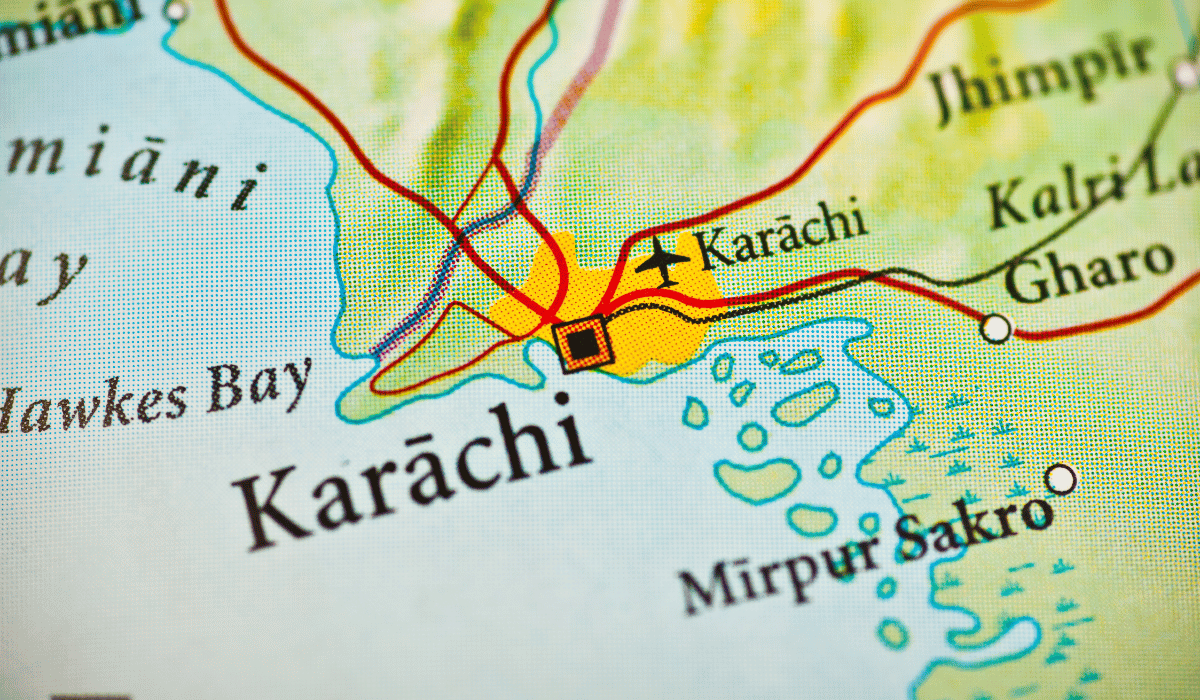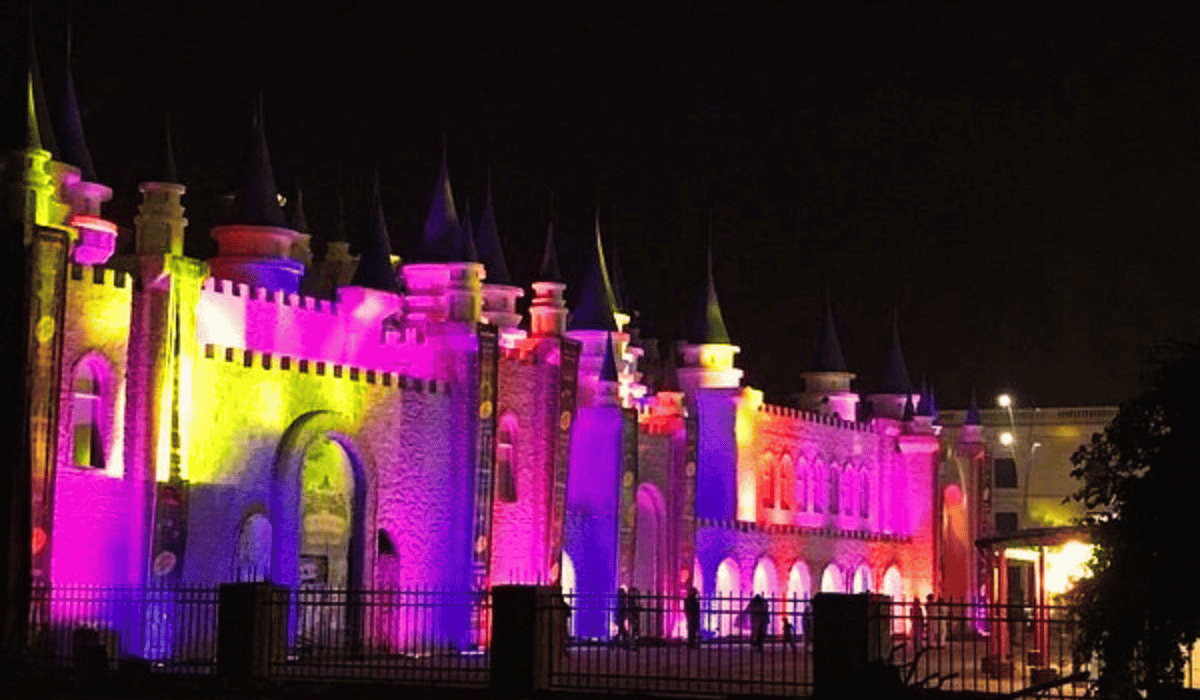Pakistan’s rich literary tradition offers a vast array of books, from gripping novels to insightful non-fiction. This article delves into some of the most compelling books about Pakistan, examining their themes, significance, and the perspectives they offer.
Notable Fiction Books
Fiction provides a unique lens to understand Pakistan’s culture, politics, and society. Here are some standout novels:
The Idle Stance of the Tippler Pigeon by Safinah Danish Elahi
A novel focusing on contemporary issues in Pakistani society. It paints a vivid picture of modern urban life in Pakistan.
Ice Candy Man by Bapsi Sidhwa
A classic that explores the partition of India and Pakistan through the eyes of a young girl. It’s a poignant portrayal of historical trauma and its impact on personal lives.
Little America by Zain Saeed
This novel dives into the lives of expatriate Pakistanis, examining their struggles and identities in a foreign land.
American Fever by Dur e Aziz Amna
A story that navigates the complexities of being a Pakistani in America, exploring themes of identity, belonging, and cultural clash.
The Verdict by Osman Haneef
A legal thriller set in Pakistan, offering insights into the country’s justice system and societal challenges.
Insightful Non-Fiction Books
Non-fiction books about Pakistan provide detailed analysis and factual recounting of its history, politics, and social issues.
Crossed Swords by Shuja Nawaz
This book offers a comprehensive study of Pakistan’s military and its significant role in shaping the country’s politics.
Pakistan Between Mosque and Military by Husain Haqqani
An exploration of the intricate relationship between Pakistan’s military and religious institutions. It highlights the political dynamics and historical contexts of these interactions.
Military Inc by Ayesha Siddiqa
A critical examination of Pakistan’s military-industrial complex, detailing how the military influences the economy and politics.
Maps for Lost Lovers by Nadeem Aslam
Though a novel, this book sheds light on the lives of Pakistani immigrants in England, revealing their struggles and cultural adjustments.
Kartography by Kamila Shamsie
A love story set against the backdrop of the 1971 war, this novel also serves as a cultural and historical commentary on Karachi.
Prominent Authors
Fatima Bhutto
Known for her powerful storytelling, Bhutto’s works like “Songs of Blood and Sword” delve into the personal and political histories of Pakistan.
Tariq Ali
A prolific writer whose works such as “The Duel” examine Pakistan’s complex relationship with the United States.
Kamila Shamsie
Author of several acclaimed novels, Shamsie’s works often explore themes of history, politics, and identity.
Mohsin Hamid
Known for “How to Get Filthy Rich in Rising Asia”, Hamid’s novels often provide a critical look at socio-economic issues in South Asia.
Nadeem Aslam
His novels, including “The Blind Man’s Garden”, offer deep insights into Pakistani and Afghan societies post-9/11.
In-Depth Questions
What are the key themes explored in Pakistani fiction?
Pakistani fiction often tackles themes of identity, historical trauma, and societal change. For instance, “Ice Candy Man” deals with the partition’s impact, while “Little America” explores the diasporic identity. Themes of cultural conflict, personal struggle, and resilience are prevalent across many novels.
How does non-fiction literature contribute to understanding Pakistan’s political landscape?
Non-fiction books like “Crossed Swords” and “Military Inc” provide detailed analyses of Pakistan’s political and military dynamics. They offer historical contexts, critical insights, and factual accounts that help readers understand the complexities of Pakistan’s governance and its impact on society.
How has Pakistani literature evolved in recent years?
In recent years, Pakistani literature has moved beyond stereotypes. Authors now focus more on local experiences rather than catering to international perceptions. This shift is evident in works like “The Idle Stance of the Tippler Pigeon” which highlights contemporary urban issues in Pakistan.
What role do women authors play in Pakistani literature?
Women authors like Kamila Shamsie, Fatima Bhutto, and Ayesha Siddiqa have significantly contributed to Pakistani literature. Their works often highlight gender issues, social justice, and political struggles. They provide a nuanced perspective on Pakistani society and its challenges.
Conclusion
Books on Pakistan offer rich, diverse perspectives on its history, politics, and culture. From compelling fiction to insightful non-fiction, these works provide readers with a deeper understanding of the country’s complexities. Whether you’re interested in historical novels, political analyses, or personal memoirs, the literature on Pakistan has something valuable to offer.
For more information and to explore these books further, feel free to contact us. Dive into the literary world of Pakistan and uncover the stories that shape its identity.


